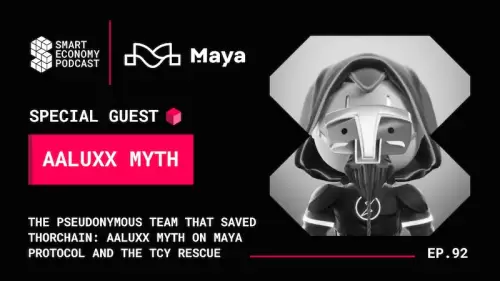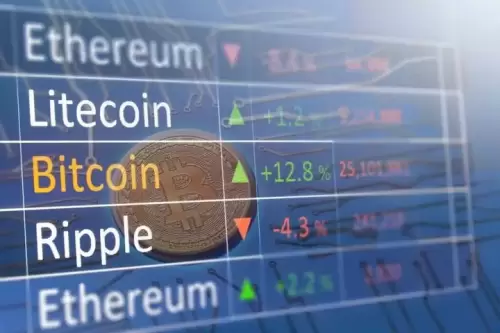A deep dive into the Nobitex hack, exploring the use of political addresses and its implications for crypto security and geopolitical tensions.

The Nobitex crypto hack, involving political addresses, highlights the growing intersection of cyber warfare and digital finance. Hackers stole over $90 million and used vanity addresses to broadcast anti-government messages, marking a shift from traditional financially motivated hacks.
Vanity Addresses: More Than Just a Pretty Face
Vanity addresses, customized crypto wallet addresses, can enhance branding but also pose risks. The Nobitex hackers used these addresses to send political messages, such as "1FuckiRGCTerroristsNoBiTEXXXaAovLX," targeting the Iranian Islamic Revolutionary Guard Corps (IRGC). These addresses were designed to make the stolen funds unusable, indicating an ideological motive.
Nobitex Hack: A Political Statement
The Nobitex hack wasn't just about stealing money; it was a political statement. The hackers targeted Nobitex hot wallets across multiple blockchains, including Bitcoin, Ethereum, Dogecoin, and others. By using political vanity addresses, the attackers ensured the funds could not be spent, effectively incinerating them and highlighting the geopolitical motivations behind the attack.
Broader Implications for Crypto Security
This incident exposes vulnerabilities in centralized exchanges, especially those in geopolitically sensitive regions. Nobitex, a key player in Iran's crypto ecosystem, became a target due to its role in circumventing international sanctions. The Central Bank of Iran has responded by restricting exchange operating hours to enhance supervision.
Gonjeshke Darande Claims Responsibility
A pro-Israeli hacker group, Gonjeshke Darande, claimed responsibility, accusing Nobitex of aiding Iran in circumventing sanctions and supporting terrorism. The group released Nobitex's source code, raising concerns about further exploitation of user assets. This hack underscores the growing trend of politically motivated cyber-attacks in the crypto space.
The Rise of Geopolitical Cyber Warfare
The Nobitex hack demonstrates how cryptocurrency can be used as a battleground for geopolitical rivalry. Unlike typical hacks focused on money laundering, this attack leveraged blockchain transparency to convey a political message. Blockchain analysis firms like Chainalysis tracked the fund flows, highlighting the need for robust security measures to protect centralized platforms in high-risk environments.
CertiK's Warning and the Future of Crypto Security
With over $2.1 billion stolen in crypto hacks in 2025 alone, the Nobitex incident adds to the growing concerns about crypto security. CertiK reports that wallet compromise incidents, driven by social engineering and mismanaged keys, are on the rise. As state-backed operatives increasingly target exchanges, offline storage and strict access controls are essential.
Final Thoughts
The Nobitex hack is a wake-up call for the crypto industry. It's not just about the money anymore; it's about politics, ideology, and making a statement. So, buckle up, crypto enthusiasts! The world of digital finance just got a whole lot more interesting – and a little bit scarier. Keep your wallets safe and your eyes on the geopolitical landscape. Who knows what kind of message hackers will be sending next?














































































